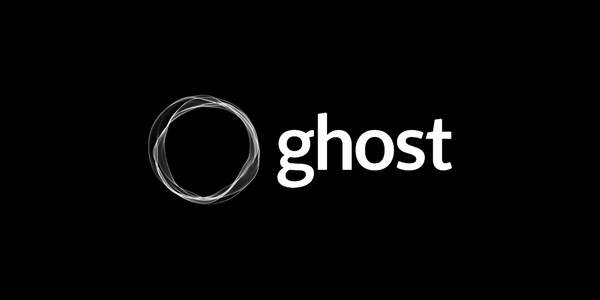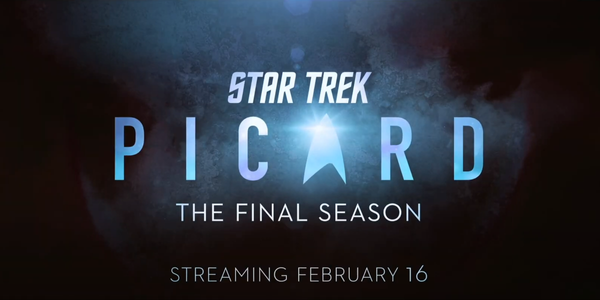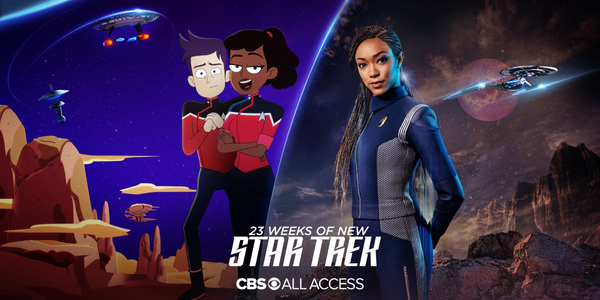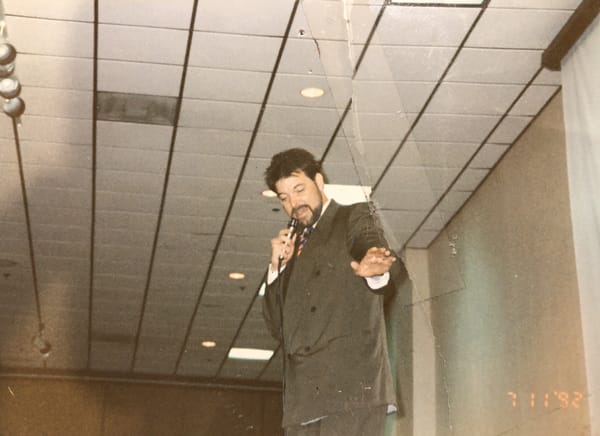Why Star Trek: Discovery is a missed opportunity
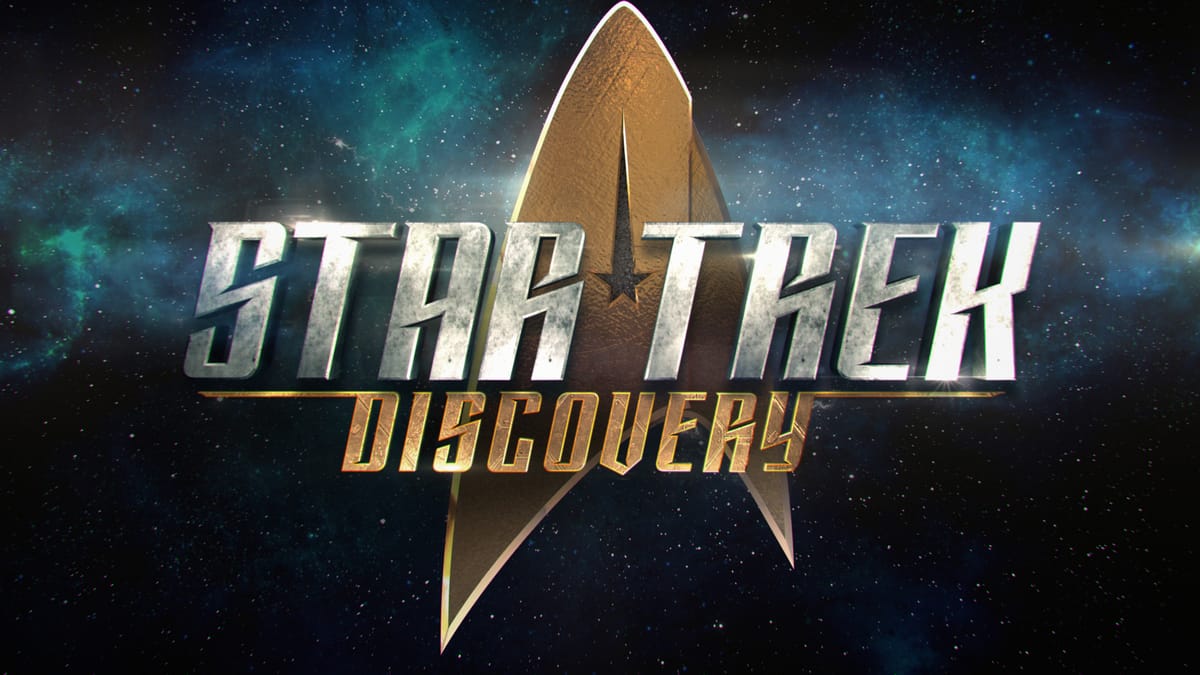
When I have written about Star Trek: Discovery, it has been with optimism and excitement to see Star Trek back on the small screen. That hasn’t changed. But back in August, we got a bit more information about the premise of Star Trek: Discovery — including that it’s set in the “Prime Timeline”.
So what does that mean, exactly? Well, its a missed opportunity I think. Let me explain.
The new Star Trek movies — including Star Trek Beyond — are all set in what is called the “Kelvin Timeline”. This timeline was created when Nero traveled back in time and attacked the U.S.S. Kelvin at the beginning of 2009’s Star Trek. It sort of “reset” Star Trek — or rebooted it. Everything that existed in Star Trek before 2009’s Star Trek such which includes all the previous TV shows and movies remain part of the “Prime Timeline”.
This new “Kelvin Timeline” was exciting because now Star Trek could be explored in different ways completely untethered by what’s canon and what’s not canon. Look at what they did in Star Trek Beyond for example. Simon Pegg and Doug Jung, who wrote the movie, had the freedom of coming up with a story that saw the Enterprise destroyed and crew stranded on a planet that that sits on the other side of an unexplored nebula.
LucasFilm went through the motion of resetting canon back in 2014. Star Wars had this huge “expanded universe” that was developed over the course of two decades after the original Star Wars trilogy which included stories about what happens with Luke, Leia, and Han after Return of the Jedi. In order to make room for the new trilogy of movies starting with the Force Awakens, LucasFilm didn’t want to be tied down to this expanded universe and wanted the freedom to go in whatever direction their new creative team wanted to go. Again — untethered by canon.
But there’s more to the story for Star Trek.
Star Wars has a single owner: LucasFilm. Star Trek had a single owner too (Paramount) up until 2005 when the rights to Star Trek were split due to the Viacom/CBS split. Paramount continues to own the rights to Star Trek movies, but CBS now owns the rights to Star Trek TV shows. This created a few problems. For example — CBS continues to market the original Star Trek series, Star Trek: The Next Generation, etc. to consumers. Paramount, on the other hand, is marketing the new Star Trek movies — like Star Trek Beyond — to consumers. You end up having two entities marketing a bunch of Star Trek stuff to consumers. While Paramount was originally marketing 2009’s Star Trek movie, CBS was pushing a bunch of product for the original series. You got a bunch of product with Shatner’s Captain Kirk plastered all over and then product with Chris Pine’s Captain Kirk on it. As you can imagine, this just creates a ton of consumer confusion. But this is what happens when you’ve got business people wanting to milk a franchise for all the profit they can get out of it. Rumor has it, JJ Abrams wanted Bad Robot to have end-to-end control of Star Trek and was really concerned about this exact situation. However, when he couldn’t make things work so he just jumped ship over to LucasFilm and took on Star Wars. Bummer, right? (Well, not a bummer if you’re a Star Wars fan and loved The Force Awakens.)
By introducing a new Star Trek TV show, CBS and Paramount had an opportunity to work together and create a shared universe that could exist between this new TV show and the movies. The new Star Trek movies have already re-introduced Star Trek to a new generation. Instead, CBS and Paramount continue to push Star Trek independently of each other. The result is Star Trek: Discovery which is in the “Prime Timeline” and is another prequel before Kirk. A missed opportunity.
I still remain cautiously optimistic about Star Trek: Discovery and am excited to see the show. But I can’t help feel a bit bummed we’re not seeing further exploration of the “Kelvin Timeline” and all the new stuff introduced to us in the new movies.


